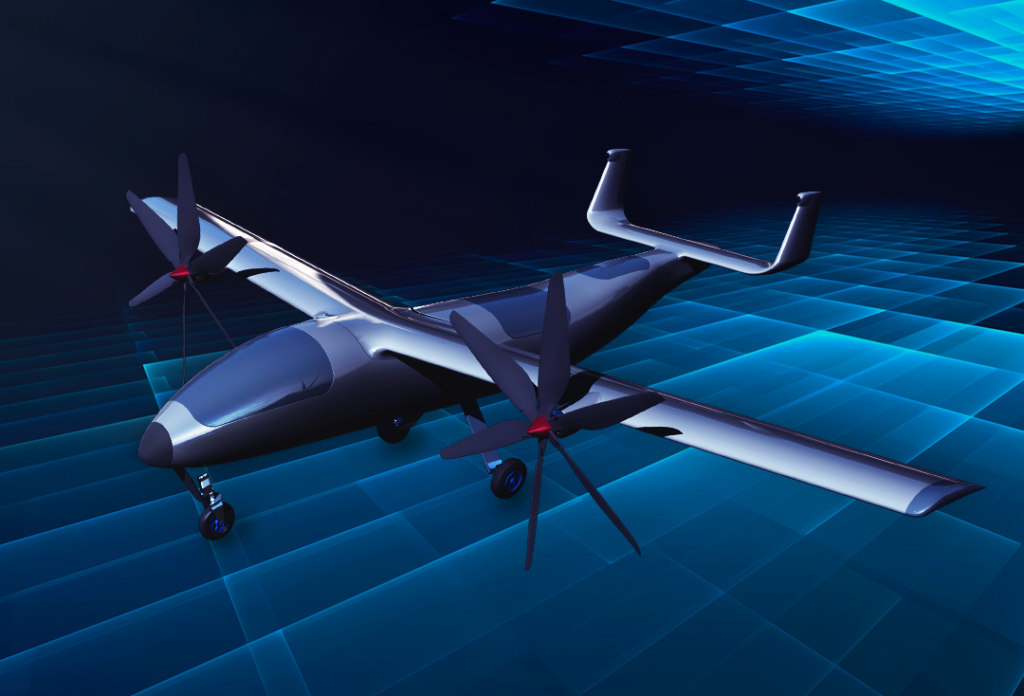
Embraer and Finep signed an agreement for the development of platforms that will serve to demonstrate new aeronautical technologies. (Photos: Embraer)
Embraer and Financiadora de Estudos e Projetos (Finep), a government organization within Brazil’s Ministry of Science and Technology, will partner to develop and demonstrate new aviation technologies, including those related to electric propulsion and autonomous operations.
Embraer said the three-year project will draw from BRL180 million ($36 million) in funding, including two-thirds—BRL120 million—coming from Finep. Embraer will also contribute “complementary resources” to the project.
An Embraer spokesperson told Avionics International that the project’s aim is “to develop platforms to demonstrate low-mature technologies,” adding: “The costs associated with [such research] are too high … and the risks are too high for a single company to assume.”
Brazilian higher education institutions, such as the Instituto Tecnológico de Aeronáutica and the School of Engineering of São Carlos, a component of the University of São Paulo, will be involved in the project as well. The Embraer spokesperson called this the “triple helix model of innovation,” describing it as “a partnership between academia, industry, and government to foster economic and social development.”
Embraer and Finep will guide “pre-competitive research” on new aviation technologies over the course of three years. “The objective is to evaluate future technologies that will be used for electric or hybrid propulsion, in remotely operated aircraft and in tests of autonomous operation,” the Embraer spokesperson said.
The Embraer-Finep project will focus on developing ground test benches, software, and a remotely operated modular aircraft, which will “carry out tests in real flight conditions, aiming to raise the [technology readiness level] of these new technologies,” according to an Embraer statement.

Henrique Langenegger and Elias Ramos de Souza
Embraer Chief Engineer Henrique Langenegger said technology developed as part of the Finep project could lead to “the spillover of knowledge to other sectors of the Brazilian economy, advancing the planet’s decarbonization agenda and generating socioeconomic benefits for Brazil, through innovation, science, and technology.”
Finep Director of Innovation Elias Ramos de Souza said the model being deployed—government subsidizing financially risky research conducted by industry and academia—“offers great potential for innovation.” He added: “It is a model to be followed in several areas to solve technological [challenges] led by anchor companies,” such as Embraer.
Embraer noted that governments providing subsidies for companies to research innovation is “a policy instrument widely used in developed countries [and adheres to] the norms of the World Trade Organization.”